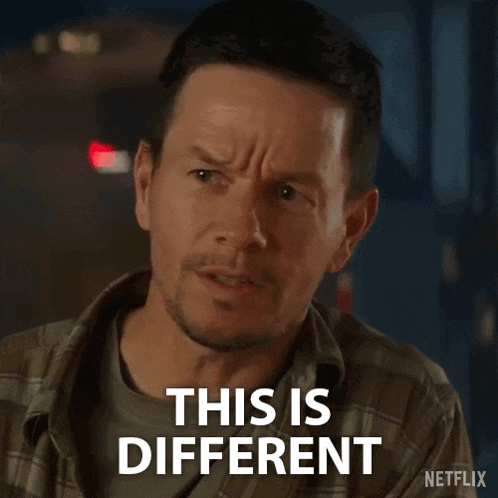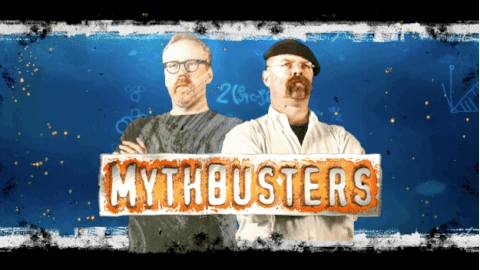The kids are all grown up.

By 2025, the oldest Gen Z employees will be 28 and will have nearly a decade of work experience under their belt. They aren’t the new kids on the block anymore. Instead, they’re all grown up and will be taking on leadership roles in 2025, with 1 in 10 managers being Gen Z.
Look, Gen Z managers aren’t going to change drastically from previous generations.
-1.webp?width=480&height=480&name=giphy%20(15)-1.webp)
But how they lead, inspire, and handle challenges is different. For example, Gen Z employees use their emotional intelligence to respect boundaries, practice empathy, reduce burnout, and prioritise their well-being.
Like everything in life, change is a roaring current.

And each generation has raised the bar on what makes a good leader. But to get the best leaders tomorrow, we need to train the Gen Z leaders that will become leaders today.
What makes Gen Z different?
Gen Z managers bring something different to the table.

Gen Z managers enter leadership with a tech-savvy mindset, embracing collaboration and openness. They're rooted in technology, making them agile and efficient and their drive for transparency often challenges the status quo.
But with their difference comes challenges. Stepping into management roles so early in their careers means they may lack the traditional “experience” that older generations bring to the table.

This can raise eyebrows with seasoned employees who might question their authority or style. On top of that, they face generational bias from older employees in your organisation who might question their authority or approach.
So before we get into how HR leaders should prepare for new Gen Z leaders, let’s look at some common myths and biases regarding Gen Z.

Myth 1: Gen Z are different to older generations
It’s a common view that Gen Z radically differs from older generations. That’s called generational bias, a distorted phenomenon experienced by every generation who thinks the younger generation is entitled and lazy.
But what’s interesting is that Gen Z actually behave similarly to past generations. Social media has widened and intensified generational age group bias in recent years, with countless posts and judgmental comments mistreating younger generations based solely on the fact that they are a part of another age group.
This is a helpful reminder that generational differences are often overstated. The youngest members of the workforce usually behave differently because of their age, not because of their generation. For example, younger workers are likely to switch jobs as they are not settled into their careers, not because of changes in generational attitudes toward loyalty.

Additionally, Gen Z employees excel in management roles quicker than previous generations because of their ability to navigate through technological challenges better than older generations.
Myth 2: Gen Z are lazy
The myth that Gen Z are lazy and not as motivated as prior generations is a myth.
-1.webp?width=480&height=324&name=giphy%20(16)-1.webp)
When it comes to productivity and performance, Gen Z are top employees and every bit as good as prior generations.
In reality, many Gen Z employees are deeply committed and results driven. They value work that aligns with their purpose and often bring a fresh creative energy to roles. Rather than slacking off, they’re redefining productivity to focus on meaningful outcomes.
Myth 3: Gen Z are more likely to have mental health issues
Recent surveys have found hiring managers are sceptical of the younger generation's ability to navigate a workplace environment.
A recent Freedom Economy Index report conducted by PublicSquare and RedBalloon found that 70 per cent of managers said Gen Z were the most likely to have a workplace mental health issue.
This fear is an overshot, as Gen Z continuously proves they will handle management roles just as effectively as those of other generations.
-1.webp?width=480&height=269&name=giphy%20(17)-1.webp)
Gen Z isn’t afraid to call out what doesn't work, whether that's outdated hierarchies or workplace policies that prioritise profit over people.
How HR can help
Preparing Gen Z managers for success starts with intentional development and actionable strategies:
Invest in training—provide resources tailored to leadership basics like managing people, giving feedback, and navigating tough conversations.
Assign mentors—pair them with seasoned leaders who can mentor and share wisdom while encouraging fresh perspectives.
Encourage generational dialogue—create forums that allow younger and older employees to share experiences and learn from each other.
Real performance reviews—Gen Z thrives on transparent feedback. Set up regular check-ins to help them course-correct and grow.

